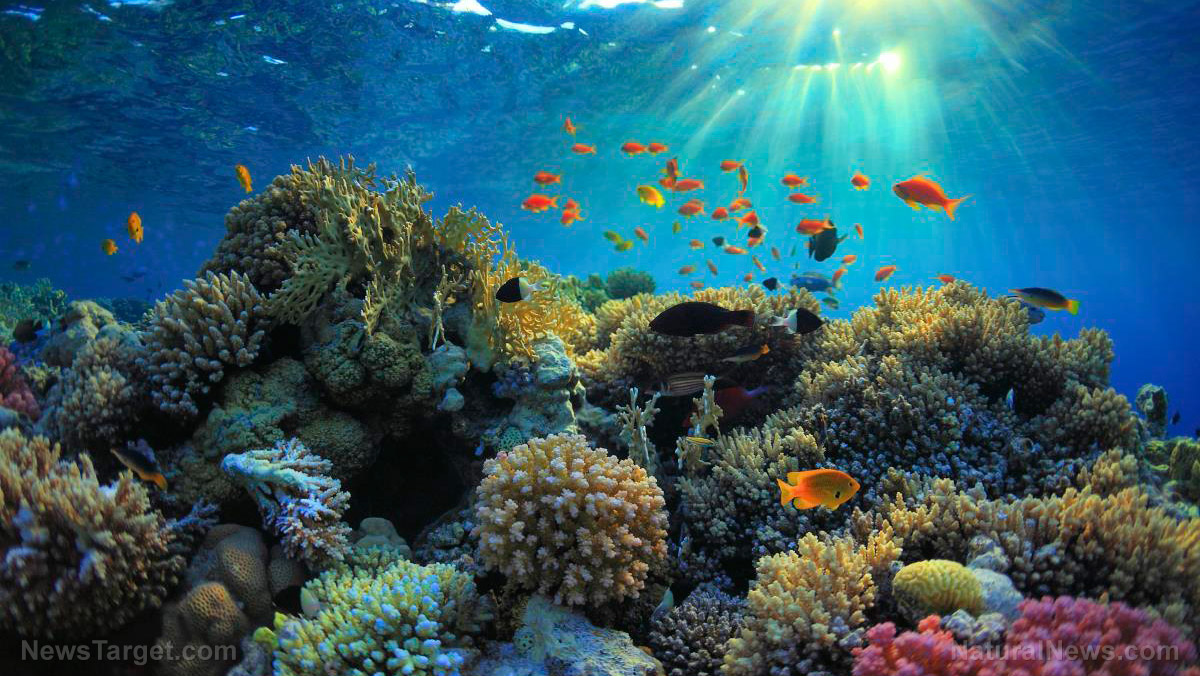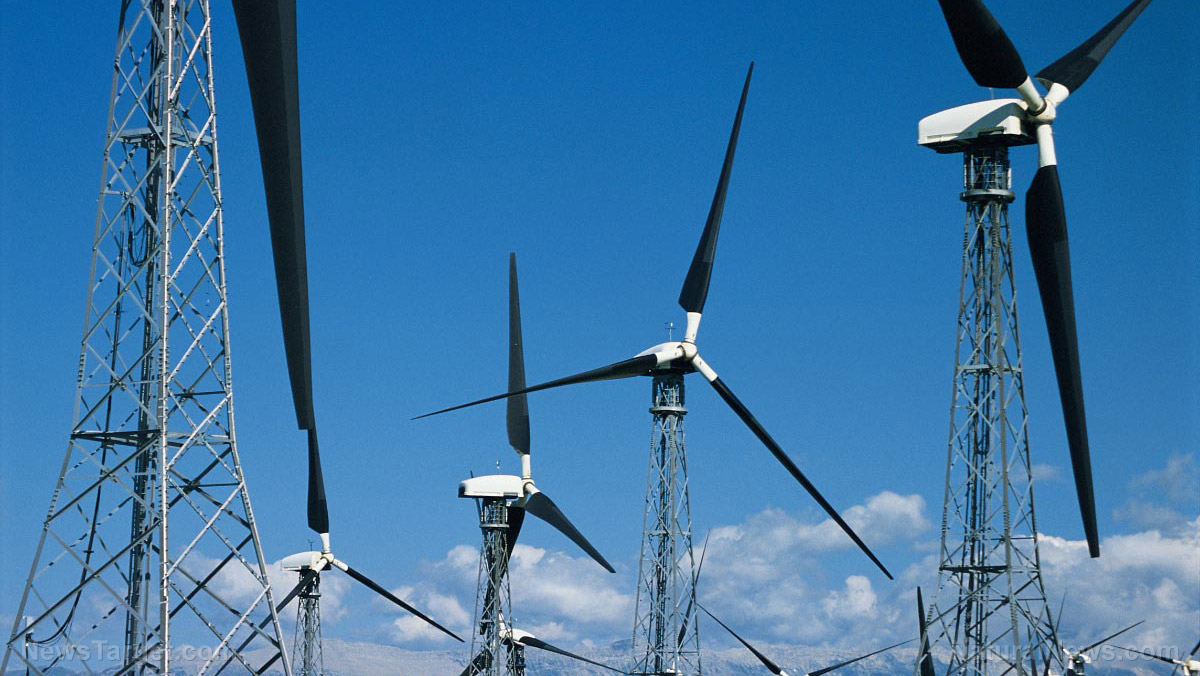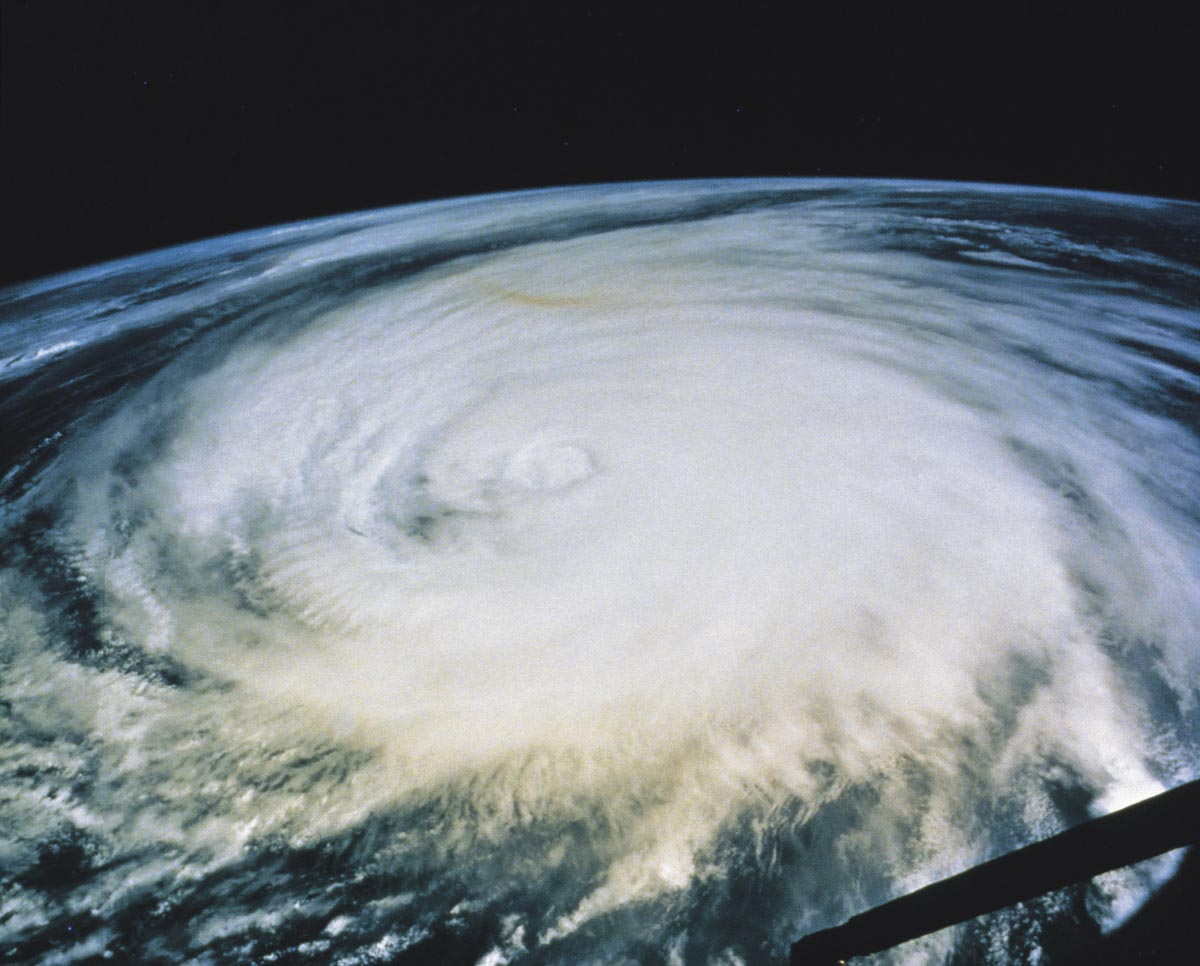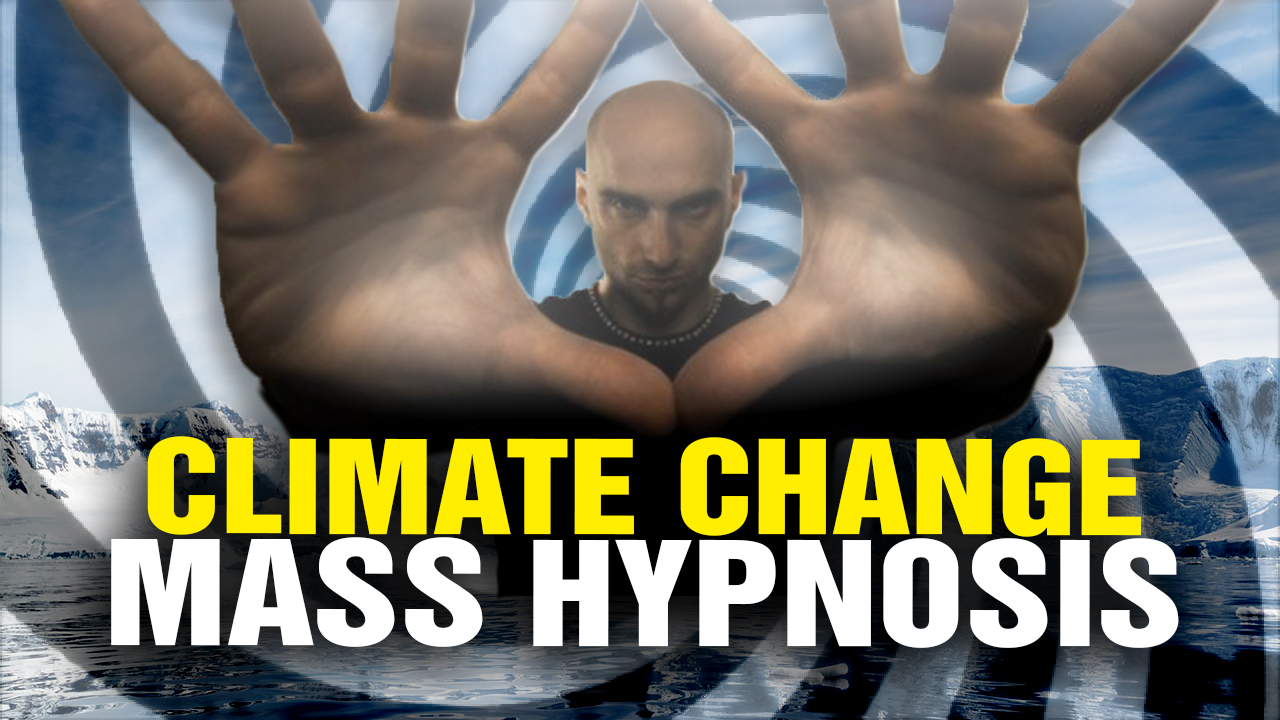Rising global sea levels may actually be beneficial for coral reef islands in the long-run: Study
02/08/2019 / By Tracey Watson

One of the greatest concerns scientists have about climate change is the potential for the melting of glaciers and land-based ice caps to cause sea levels to rise. They warn that this could create havoc in cities like Melbourne and New York which are surrounded by water, and could cause the total loss of low-lying islands. Mainstream media publications have been issuing dire warnings about islands that have already been lost to this water level increase, including five tiny, uninhabited low-lying islands in the South Pacific’s Solomon Islands archipelago.
Of course, though many scientists and governmental authorities claim that global warming is an undisputed fact, there are thousands of respected scientists who insist that there is no conclusive evidence to corroborate this theory. The exceptional, record-breaking cold this winter in the Midwest has caused many to question what’s really going on with the weather.
Nonetheless, irrespective of what one believes about the existence of climate change, it is good to know that a recent study by researchers from Northumbria University, the University of Exeter, Simon Fraser University, the University of Auckland, the Southern Institute of Technology and the U.K.’s Natural Environment Research Council, found that rising global ocean levels could actually be beneficial to coral reef islands like the Maldives, and interestingly, that many of these islands were likely formed by higher sea levels in the first place. (Related: Climate change may not lead to more floods and droughts after all … 1200 years of data contradict global warming scare stories.)
Why low-lying islands might be at risk
As noted by the website, How Stuff Works, there are some real concerns about the potential effects of melting glaciers on the levels of the ocean. While the melting of some glaciers would cause a relatively modest increase in sea levels, if the West Antarctic Ice Sheet were to melt, sea levels would increase by as much as 10 meters (32 feet), which would cause many coastal cities and low-lying islands to disappear completely.
Low-lying coral reefs would be particularly at risk, since they are typically located less than three meters (about 10 feet) above sea level.
But, is the situation as hopeless as it sounds? (Related: Climate change science implodes as IPCC climate models found to be “totally wrong” … temperatures aren’t rising as predicted … hoax unraveling.)
Could higher ocean levels create new islands?
For their study, which was published in the journal Geophysical Research Letters, the scientists used a special coring technique to determine how five islands in the southern Maldives were formed. The Maldives is the lowest lying country in the world.
Science Daily reported as follows on their findings:
They found that large waves caused by distant storms off the coast of South Africa led to the formation of the islands approximately three to four thousand years ago. These large waves — known as high-energy wave events — broke coral rubble off the reef and transported it onto reef platforms creating the foundations for the reef islands.
At the time, sea levels were up to 0.5 metres higher than they are today, which gave the waves more energy. This means that higher sea levels and large wave events were critical to the construction of the islands.
The researchers believe that if climate change were to cause higher sea levels and an increase in the number of large wave events, reef islands could become bigger and new islands could be formed.
“Coral reef islands are typically believed to be highly vulnerable to rising sea levels,” noted the study’s lead author, Dr. Holly East of Northumbria University’s Department of Geography and Environmental Sciences. “This is a major concern for coral reef island nations, in which reef islands provide the only habitable land. However, we have found evidence that the Maldivian rim reef islands actually formed under higher sea levels than we have at present. This gives us some optimism that if climate change causes rising sea levels and increases in the magnitude of high-energy wave events in the region, it may actually create the perfect conditions to reactivate the processes that built the reef islands in the first place, rather than drowning them.”
The research team stresses that this positive spin-off of rising ocean levels will only take place if the coral reefs are healthy, since these types of islands generally consist mostly of coral. As Dr. East noted, if ocean levels rise but the reefs are unhealthy, the perfect conditions for creating new islands may exist but the necessary raw materials might just not be available.
Dr. East also warned that large wave events would likely devastate existing island infrastructure, which could make them uninhabitable in their present form. As such, reef island nations are advised to develop the necessary infrastructure now to withstand and adapt to such events in the future.
Discover the truth about climate change at ClimateScienceNews.com.
Sources for this article include:
Tagged Under: climate change, climate hoax, climate science, coral reef islands, Ecology, ecosystems, environ, environment, global warming, island formation, Maldives, melting glaciers, Oceans, research, rising sea levels



















